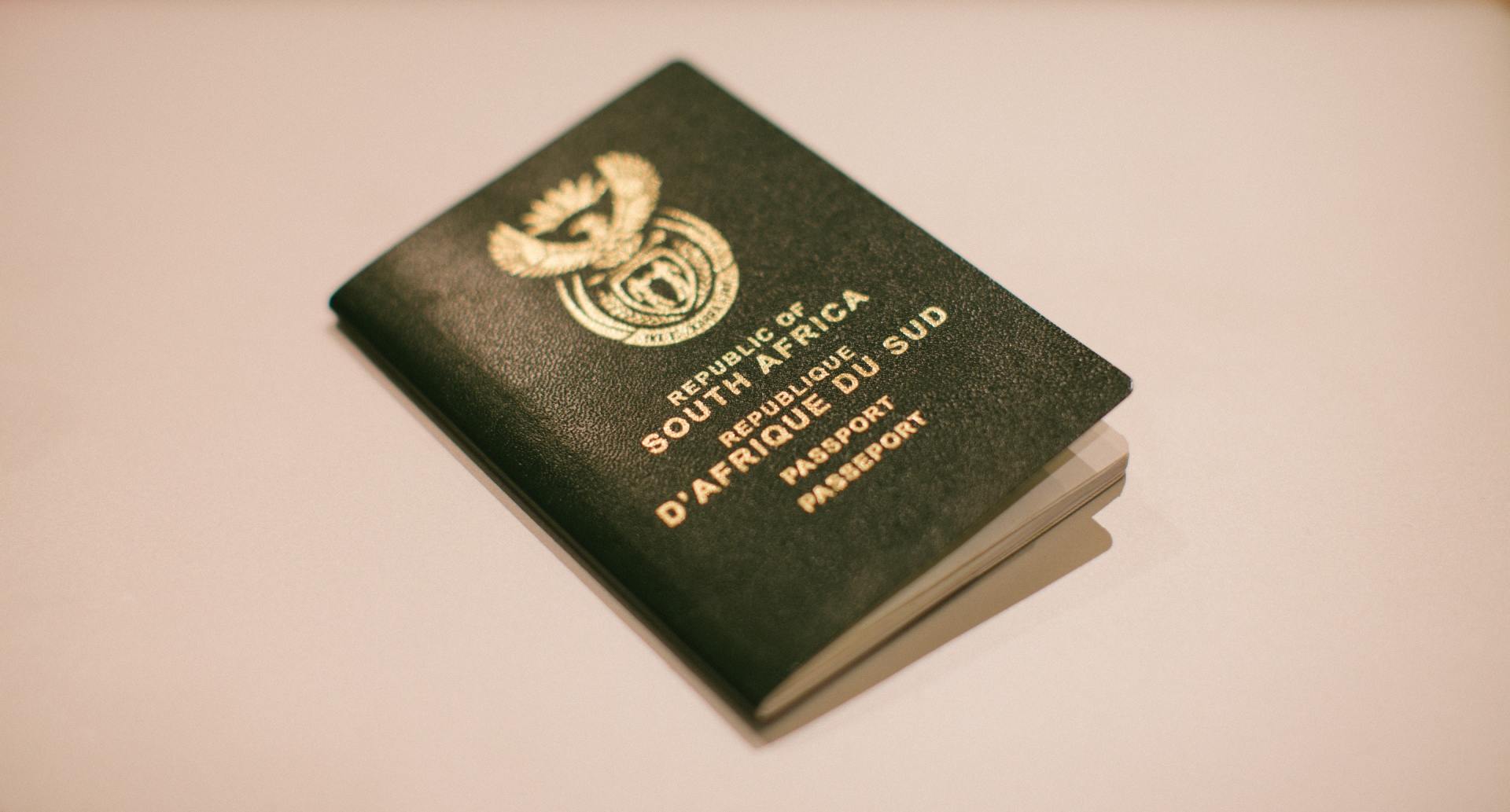TPS Temporary Protected Status
DO YOU QUALIFY FOR TEMEPORARY PROTECTED STATUS (TPS) IN THE U.S, FIND OUT HERE!
When certain emergencies arise in another country, the U.S. Department of Homeland Security can designate that country’s citizens, if they are already present in United States, as eligible for “Temporary Protected Status” (TPS).
TPS is a temporary designation that allows its beneficiaries to live and work in the U.S. and travel in and out of the U.S. for the duration of the emergency without fear of being placed into removal proceedings for overstaying a visa. The U.S. usually authorizes TPS in situations of upheaval due to natural disasters (such as hurricanes or earthquakes), an outbreak of disease, or armed conflicts that have made it unsafe to return.
You can receive TPS benefit even if you came into the United States illegally . While TPS approval is not a grant of amnesty (or forgiveness) for prior immigration offenses, you can still apply for and receive the benefits of TPS (including a work permit) if you entered or remained in the U.S. illegally.
You cannot get a green card via TPS . TPS is a temporary immigration status for people temporarily in the U.S., to protect them from having to return to an actively dangerous situation in their home country. Even if you were to live and work legally in the United States as a TPS beneficiary for many years, there is no route to permanent residence (i.e., a green card) that will follow simply from a grant of TPS.
You can apply for another immigration benefit along with TPS or after my TPS application is approved.
In fact it is suggested that you should do so if you are eligible for a more lasting and established form of immigration relief, such as asylum, a green card through marriage or another family relationship to a U.S. citizen or permanent resident, or even a green card through the diversity visa lottery. One of the benefits of TPS is that, if granted, you will receive your employment authorization document fairly quickly . So it is worthwhile to apply for TPS while you investigate the other immigration options that might be available to you.
You may be able to travel outside the U.S. while your TPS application is awaiting a decision or after your application is approved. However it is advisable to seek legal advice before leaving if you have ever been unlawfully present in the United States. If you have ever entered in the U.S. without authorization or remained past the expiration date of your visa or status, you may be deemed inadmissible when attempting to reenter, and that is true even if you are a TPS beneficiary with advance parole. If you are sure that you will not be found inadmissible upon return and you wish to travel outside the U.S., the way to apply is by using USCIS Form I-131, Application for Travel Document. You will need to submit this form prior to departing. Once your advance parole is approved, you will remain in Temporary Protected Status upon your return. Without such approval, you would be considered to have abandoned your TPS. Your travel outside the U.S. must be “brief, casual, and innocent.” That means you cannot resettle in another country or return to your home nation without jeopardizing your TPS status.
Which Countries Are Eligible for TPS:
To see whether your country is on the list of TPS designees, as well as the valid registration periods, you can visit the " Temporary Protected Status ” page of the United States Citizenship and Immigration Services (USCIS) website. As of early 2013, the following nations are designated as TPS nations:
El Salvador Somalia
Haiti Sudan
Honduras South Sudan
Nicaragua Syria
Additional Eligibility Requirements for TPS:
- Physical Presence in the U.S.: You must have been continuously physically present in the U.S. since the effective date upon which your country was designated or re-designated for TPS. This means that other than “brief, casual, and innocent” travel outside the U.S. (a short trip outside of the U.S.), you have remained in the United States.
- Continuous Residence in the U.S.: Likewise, you must have continuously resided in the United States from the date USCIS specifies for your country, usually a few months or days prior to the effective date. The same travel limitations from the physical presence requirement apply here.
- No Serious Criminal Record: If you have been convicted of a felony or two or more misdemeanors in the United States, you will be ineligible for TPS benefits.
- Not Otherwise Inadmissible: If you are considered “inadmissible” to the U.S., you will not be eligible to file for TPS unless a waiver is available and you file the Waiver application together with your TPS application. Some grounds of inadmissibility include criminal convictions, immigration violations, and medical issues.
- Not Subject to the Asylum Bars: Although TPS differs from asylum in a number of ways, USCIS treats the two the same when it comes to the mandatory bars to asylum. Therefore, if you have firmly resettled in a third country, persecuted others in your home country, been convicted of a serious crime, or pose a national security threat, you will not be eligible for TPS.
- It’s also important to note that if your native country has been designated a TPS nation because of violent conflict or political turmoil; you may have a basis upon which to apply for asylum. So if you have been persecuted or have a credible fear of persecution based on your race, religion, nationality, membership in a particular social group or political opinion, applying for asylum might, in the long-term, be a better option than applying for TPS. However, if you need to work immediately, you should first apply for TPS, as you won’t be able to get a work permit for a long time after submitting your asylum application .
If you have questions or need help with filing your application for TPS, Feel free to call our Office at (646) 688-2747 or email sandra@sandraboogaardlaw.com . www.sandraboogaardlaw.com . @SboogaardLaw on twitter.
Immigration News































